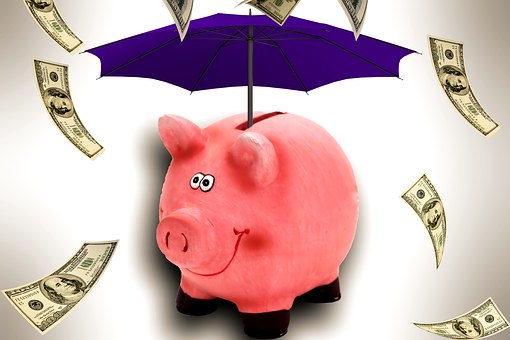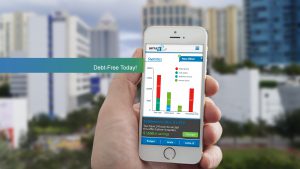FOR 57 MILLION AMERICANS EMERGENCY SAVINGS ARE NONEXISTENT

Many of us are living paycheck to paycheck or maybe a wee bit better.
Therefore, it is not surprising that even one unexpected expense could cause a major financial setback. Making things that much more more bleak is the evidence that the folks who may have the greatest need for “rainy day” dollars are the least likely to have them available.
According to a recently conducted Bankrate.com survey of 1,000 adults, baby boomers are in the worst shape. In the 53 to 62 age group, 32% said they have $0 stashed away for an emergency. Older boomers (over age 63), however, were much more likely to have put some dollars aside. In comparison, 24% of those aged 18 or older reported they have set aside emergency funds.
 PERSON’S AGE MAY IMPACT SAVINGS
PERSON’S AGE MAY IMPACT SAVINGS
While the likelihood of saving at least six months worth of expenses increases with age, the lack of savings by younger boomers is “…a reflection of prolonged unemployment in the years following the financial crisis,” said Greg McBride, Bankrate’s chief financial analyst.
This lack of preparation could ultimately become even more of a financial disaster with the likelihood of increased medical costs making that unexpected bill even higher.
“It’s one thing to burn through your emergency savings, but the problem mushrooms when people start raiding their retirement,” McBride said.
ON THE WHOLE AMERICANS ARE SAVING SOMEWHAT BETTER
Those consumers who have accumulated some savings, but not enough to cover three months’ expenses, rose to 20% from 18% last year. Americans with enough savings to cover three months to five months of expenses also moved up a bit to 17% from 16%. Similarly, folks who have covered six months’ worth of expenses jumped to 31% from 28% last year (highest figure in the seven years Bankrate has been tracking this data).
According to the Federal Reserve, 48% of us would have to sell something to cover an emergency expense for as little as $400. Even though you may be trying to lower your debt obligations, putting a small amount aside every month could help stop further indebtedness. You may be surprised how quickly saving $25 or $50 a month will accumulate into a decent fund for emergency purposes.
McBride recommends stashing at least a six-month cushion to cover anything from a dental bill to a car repair, but more if you are the sole breadwinner in your family or in business for yourself.
FREE HIGH TECH SOLUTION CAN MAKE IT EASIER TO SAVE
To reach that goal, McBride suggests paying yourself first. “Set up a direct deposit from your paycheck into a dedicated savings account. If you wait until the end of the month, nothing will be left over,” he said.
SettleiTsoft®, the free debt negotiation software can help accomplish that important task. Simply sign up at www.settleitsoft.com to utilize all the free intuitive financial management and debt negotiation tools which will help you create a workable budget, as well as create a plan to save the funds necessary to bail you out when expenses unexpectedly arise – as they often do.



 Login
Login






